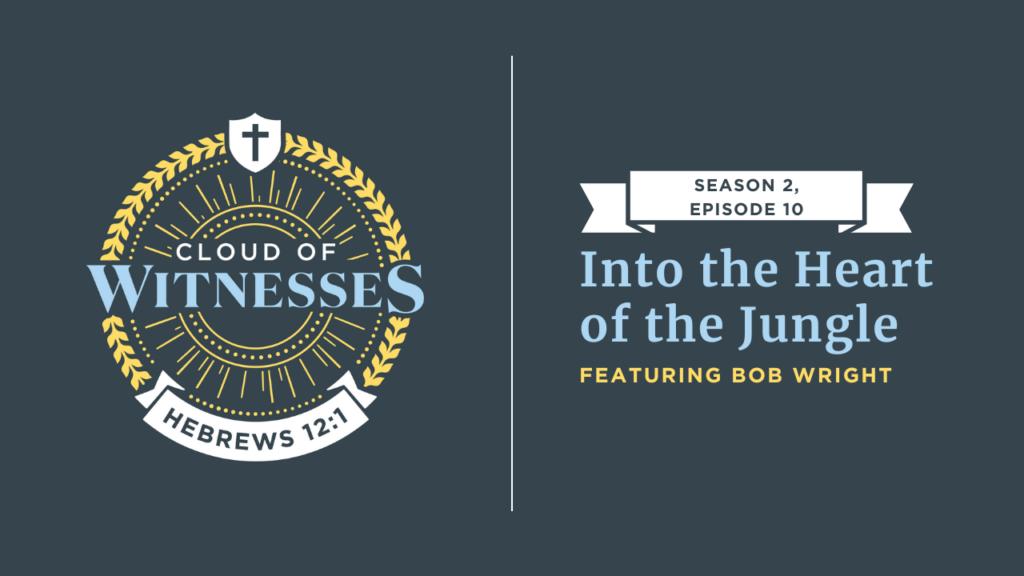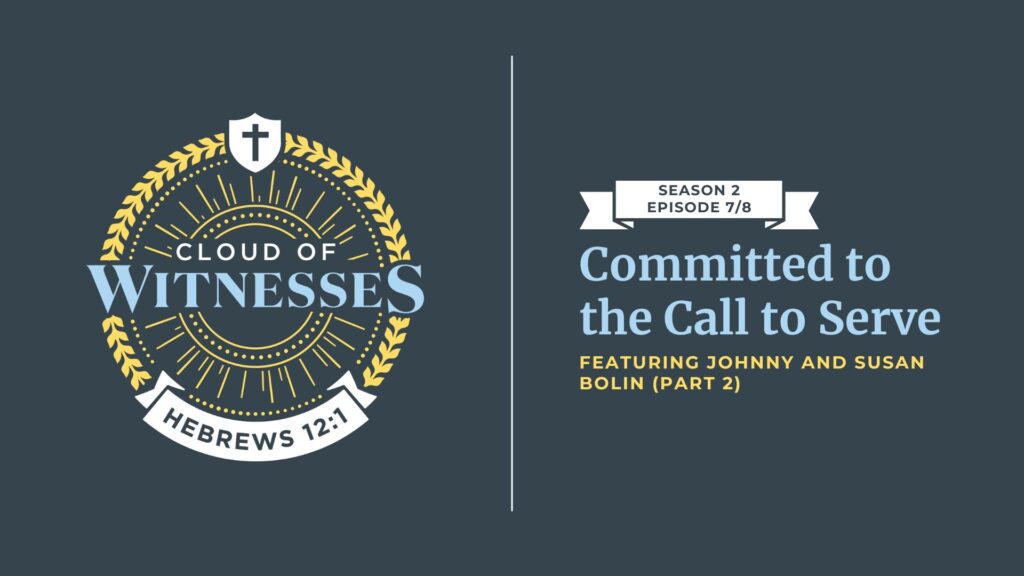Have you read a good biography or autobiography lately? If not, there are good reasons why you should. Bible teacher and author John Piper testifies:
When you are surrounded by a society of emotionally fragile quitters, and when you see a good bit of this ethos in yourself, you need to spend time with people—whether dead or alive—whose lives prove there is another way to live . . . Few things inspire me to live radically for Christ more than the story of those who did. (See Justin Taylor, “Why and How John Piper Does Biography.”)
I recently read JoAnne Shetler’s autobiography, And the Word Came With Power (Fifth edition, Wycliffe Bible Translators, Inc. 2006). She worked as a Bible translator among the Balangao people of the Philippines, completing the New Testament in their language in the early 1980s. Shetler endured trying living conditions, and even a horrific helicopter crash, in order to complete the New Testament for the Balangaos. What a remarkable lady!
Even before the New Testament was completed, the gospel was proclaimed and some Balangaos were converted. At their church meetings, finished portions of the translation were read, “sometimes with surprising results,” Shetler notes. She explains further:
One Sunday a woman attended the service for the first time. She enjoyed the singing, but as they read the Scriptures, she became increasingly agitated. Finally, teeth clenched, she got up and slipped out.
Later, while we were eating she stomped into Tony and Tekla’s house, walked up to within inches of Tony and, in a fashion untypical of Balangaos, she accused him to his face.
“The nerve of you! You invite me to your meeting and what do you do? You tell that man up in front every sin I have committed, and he goes and announces it in public. And not only that, but he reads it from a book! I’ll never come again.”
People were offended by the Scriptures often enough that the elders made it a practice to announce before reading from the Word, “You’re going to think we know something about you and we’re exposing it. But, honestly, nobody’s told us anything. This Book just uncovers hidden things. It’s just the nature of the Book” (123).
Just this small portion of Shetler’s story is inspiring in at least two ways:
First, this story might inspire some to follow in Shetler’s footsteps. According to Wycliffe Bible Translators, there are about 7,000 languages used around the world, and only 600 of them have the complete Bible in their language. Less than half (3,312) of the languages in the world have at least a portion of Scripture. There is still so much Bible translation to be done around the world.
Maybe you are supposed to learn Hebrew and Greek and then join a team of translators and do the grueling, yet kingdom-advancing work of translation. It’s not flashy, but the significance of the work of Bible translation is incalculable. Some day in a few years, there might be people offended at your translation work!
Second, this story should inspire us to read the Bible with unbelievers. Our hope for a lost person who is “offended” is that what he is actually experiencing is a work of the Holy Spirit called “conviction”—that personal experience when the reality of sin, the need for the righteousness of Christ, and the judgment that will come apart from Jesus weigh heavily upon a person’s conscience (see John 16:8-11). Conviction of sin always happens, to one degree or another, in preparation for salvation.
We cannot make someone experience conviction—that’s the work of the Holy Spirit. But we can cooperate with the Holy Spirit not only by proclaiming the gospel, but also by simply reading the Bible. This is one reason to have more Scripture reading in our church meetings where there will likely be unbelievers present.
And consider meeting with an unbeliever for a set number of weeks to read one of the gospels. If all that you do is read the Bible with him or her, your time won’t be wasted. The person might get very offended at what is read! But that’s okay. As those Balangao elders said, “This Book just uncovers hidden things. It’s just the nature of the Book.” And maybe agitation will become conviction and ultimately lead to salvation!
Editor’s Note: This article originally appeared on For the Church. Used with permission.





